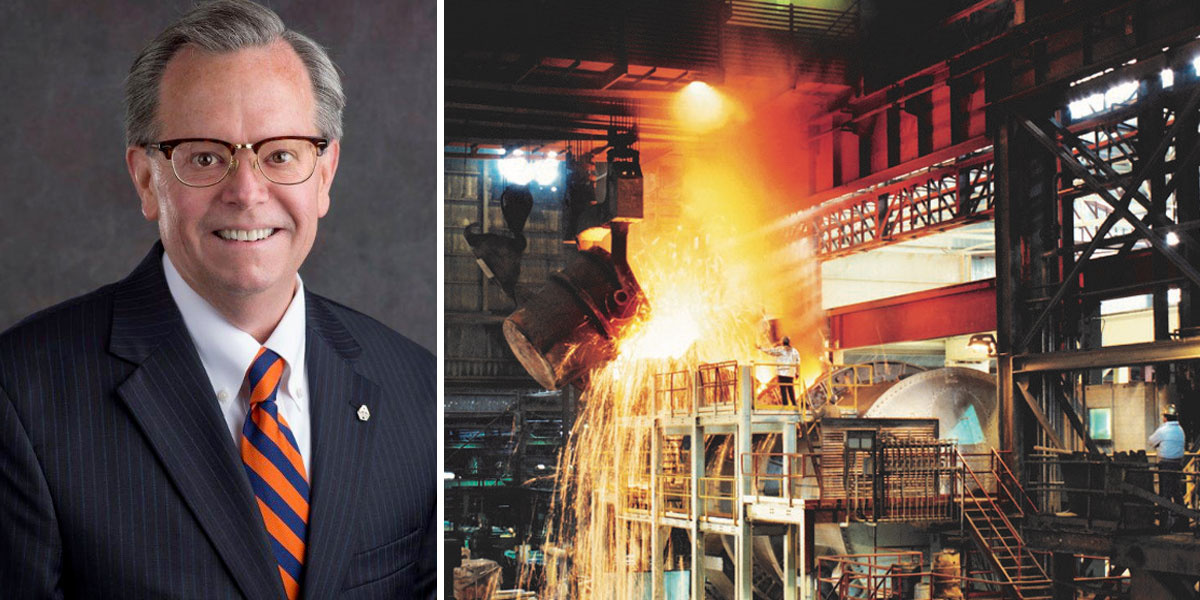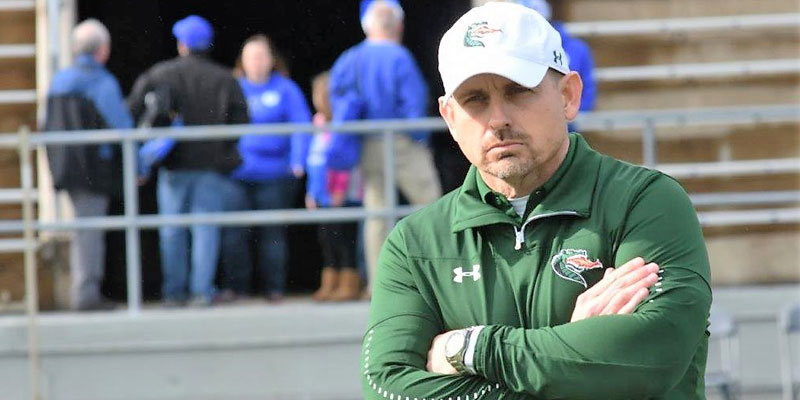Saturday will be the 88th playing of the Auburn vs. Alabama football game. The stakes may not be as high this year with Alabama having already secured a berth in the conference title game and Auburn laying a foundation for the future. Regardless, there will absolutely be no shortage of passion for either team.
This is the 52nd anniversary of my first Iron Bowl, and I’ve attended more than half the games during that period in three different venues, Birmingham, Auburn, and Tuscaloosa.
Why is it called the Iron Bowl, who named it that, and why? In 1964, Auburn’s Coach Ralph “Shug” Jordan said the “Iron Bowl against Alabama would be Auburn’s bowl game,” and the moniker has stuck tightly ever since. But why?
First of all, it was played at the time in Birmingham’s Legion Field, the “Football Capital of the South,” until Auburn moved their alternating home game to campus in 1989 and Alabama later followed suit; and secondly, Birmingham is well known for her iron pipe industry.
In fact, soon after the War Between the States, the Magic City grew like magic from deposits of iron ore, coal, and limestone in the area and resultant rapid rise of a massive iron and steel industry. Birmingham was soon known as “the Pittsburgh of the South.”
All three producers of ductile iron pipe, the primary material for our nation’s public water supply systems, have operations in Birmingham, and the area around the site of the annual Iron Bowl is the Ductile Iron Pipe Capital of America.
The primary reason the Iron Bowl is so appropriately named is that it’s a tough game, played by tough men, fighting with toughness and resilience for their teams and universities, and their fans care perhaps even more.
Tough, hard-hitting, durable, resilient. All describe both the players in the Iron Bowl and the performance of ductile iron pipe.
What’s not as well known is that today’s modern ductile iron pipe is made of recycled iron and steel, requires less energy to pump water through, has a long and dependable service life, and is recyclable if retired from service.
Iron pipe is good for the environment, good for public health and fire protection, and good for a water utility’s long-term financial strength. Iron pipe was sustainable long before sustainability was a thing.
Iron pipe has been proven by more than a century of service to be safe and effective for public health. Many seemingly miraculous pipe materials such as lead and asbestos have come and gone from industry, yet iron pipe continues to perform and safely serve decade after decade. More recent newcomer materials to the market such as plastic remain unproven.
So when you tune in to Saturday’s Iron Bowl on CBS at 2:30 Central, you can be the most clever one in the room and speak to the origin of the name as well as the attributes of ductile iron pipe from Birmingham, Alabama. Iron Pipe. It’s what America is built on.
Maury D. Gaston is a member of the Ductile Iron Pipe Research Association Technical Committee, Vice Chair of the American Water Works Association A21 Standards Committee, Chairman of the Alabama Iron and Steel Council, Director and past Chair of the state of Alabama Engineering Hall of Fame, and an Auburn University mechanical engineering graduate. Members of the Ductile Iron Pipe Research Association are AMERICAN Cast Iron Pipe, McWane, United States Pipe and Foundry, and Canada Pipe.












